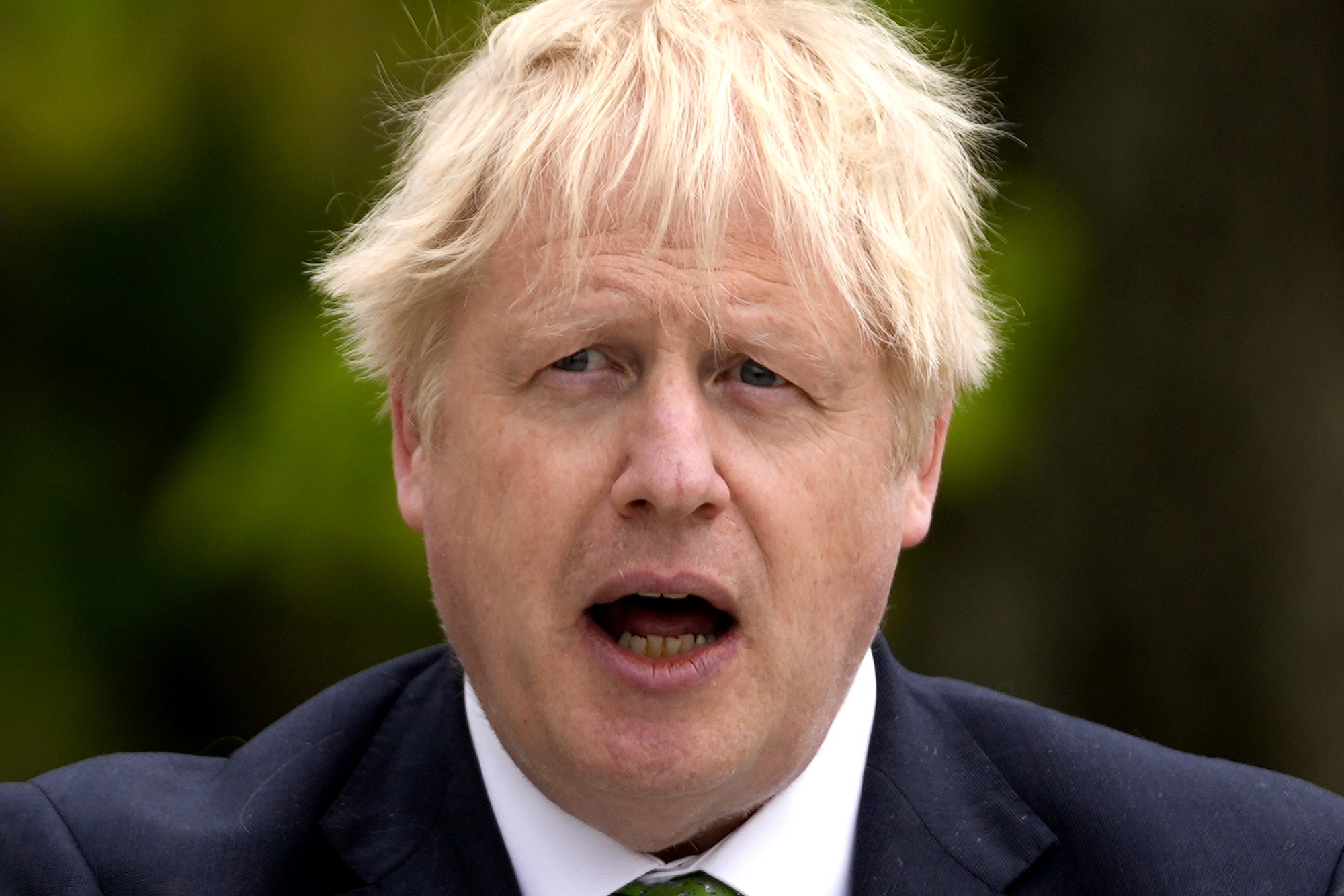Just how true are the Conservative Party’s ‘true blue’ seats these days?
Last week’s local elections reveal more than just Boris Johnson’s fate, says Kate Devlin


Last week’s local elections did not, in the end, provide the earthquake to remove Boris Johnson from office as some had predicted. But it could have revealed a change to his party’s tectonic plates large enough to see the Conservatives turfed out of No 10 in 2024, some Tory MPs fear.
At issue is what the results reveal about “true blue” heartlands, and whether they can even be called that any more. The Conservative Party would not be the first party in the UK to go through this process. In fact, given the shifts in politics in recent years, you could argue it is one of the last.
In the wake of the 2014 Scottish independence referendum, Labour lost 40 out of 41 Westminster seats it held in Scotland. Previous Labour fiefdoms were suddenly won by the Scottish National Party, which overturned massive majorities in the process.
The Liberal Democrats also saw themselves slung out of many of their seats in the southwest of England in the wake of Brexit, a fate that also happened to Labour in red wall seats in the north and the Midlands.
Some Conservative MPs are now nervous that something similar is happening in seats in the south of England that would once have been considered safe Tory territory. Nerves were rattled by the result of the North Shropshire by-election, held to replace the Conservative MP Owen Paterson. A rural constituency that had been Conservative for decades returned a Lib Dem MP, in what was a seismic victory.
Many are now anxiously awaiting the outcome of the by-election in a similar seat, caused by the resignation of Tory MP Neil Parish after he admitted to watching pornography in the Commons chamber. The results will speak volumes about a potential realignment of British politics and political parties. Many Tory MPs believe that shift is already well underway and the results of the local elections just highlight it.
Some MPs in the north now believe Boris Johnson is going to have to box clever when it comes to appealing to voters at the next general election. He won an 80-seat majority in 2019 by creating a wide coalition of voters. But it is deeply unlikely he will be able to pull off the same trick twice. That means some tough choices might have to be made. Accepting a best-case scenario could mean a focus that would leave the party shooting for a much smaller number of seats.
Some in the north of England argue it will mean accepting that some one-time “true blue” seats are no longer very blue. But MPs who represent seats that have been Conservative for decades can be expected to dig their heels in. The result could leave a parliamentary party at war with itself on another front, not just over its leader and his role in Partygate.



Join our commenting forum
Join thought-provoking conversations, follow other Independent readers and see their replies
Comments